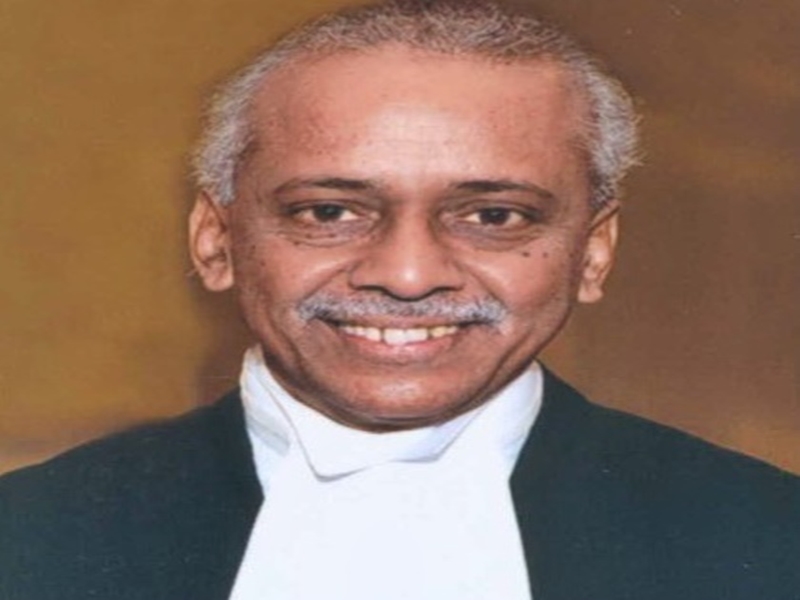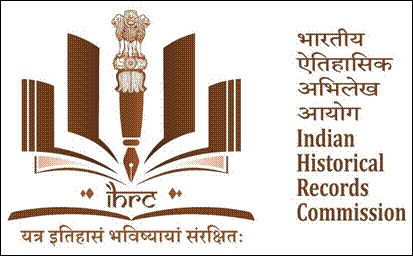National Human Rights Commission (NHRC)

- 24 Dec 2024
In News
Justice V. Ramasubramanian, a retired Supreme Court judge, has been appointed as the new chairperson of the National Human Rights Commission (NHRC). This decision was made by President Droupadi Murmu, and it comes following the completion of Justice Arun Kumar Mishra's tenure as NHRC chairperson in June 2023. After Justice Mishra's retirement, Vijaya Bharathi Sayani served as the acting chairperson. Alongside Justice Ramasubramanian, Priyank Kanoongo and Dr. Justice Bidyut Ranjan Sarangi (Retd.) have also been appointed as members of the commission.
Justice Ramasubramanian had been appointed a judge of the Supreme Court in September 2019 and retired in June 2023. His appointment to the NHRC is seen as a significant development for human rights advocacy and protection in India.
National Human Rights Commission (NHRC)
Establishment and Legal Framework
- Formation Date: The NHRC was established on October 12, 1993, under the Protection of Human Rights Act (PHRA), 1993.
- Paris Principles: It was created in alignment with the Paris Principles (1991), which were endorsed by the UN General Assembly in 1993, aimed at setting standards for national human rights institutions.
- Statutory Body: NHRC is a statutory body, meaning it is established by law, with a primary function to safeguard human rights in India.
Objectives
The NHRC's primary objective is to promote and protect human rights as defined in Section 2(1)(d) of the PHRA, which include fundamental rights such as:
- Right to Life
- Right to Liberty
- Right to Equality
- Right to Dignity
These rights are guaranteed by the Indian Constitution and are essential to the protection of individuals' freedoms and welfare.
Composition of NHRC
- Chairperson: A former Chief Justice of India or a former Supreme Court judge serves as the chairperson.
- Members:
- One former or sitting Supreme Court judge.
- One former or sitting Chief Justice of a High Court.
- Three members, with at least one woman, who have experience in human rights matters.
- Ex-Officio Members: The chairpersons of various National Commissions (e.g., SC/ST, Women, Minorities) and the Chief Commissioner for Persons with Disabilities are also part of the NHRC.
Functions and Powers
The NHRC has several crucial functions and powers to ensure the protection and promotion of human rights:
- Inquiry into Human Rights Violations: The commission can inquire into violations of human rights by public servants or negligence in protecting rights.
- Recommendations: It can make recommendations on how to protect, promote, and effectively implement human rights within India.
- Review of Laws: NHRC assesses various laws, treaties, and international instruments related to human rights.
- Research and Awareness: It promotes research, publications, and awareness about human rights issues, including educating the public about their rights and safeguards.
- Inspection of Institutions: NHRC has the authority to visit and inspect institutions such as jails, detention centers, and other places of confinement to ensure the humane treatment of individuals.
Indian Historical Records Commission (IHRC)

- 26 Apr 2024
Why is it in the News?
Recently, the Indian Historical Records Commission (IHRC) has adopted a new logo and motto.
About Indian Historical Records Committee (IHRC):
- The Indian Historical Records Committee (IHRC) is a national forum established in 1919, comprising creators, custodians, and users of records.
- Its primary purpose is to advise the Government of India on matters related to record management and their utilization for historical research.
Secretariat:
- The National Archives of India, New Delhi, serves as the Secretariat for the IHRC, formerly known as the Indian Historical Records Committee since 1911.
Leadership and Membership:
- Led by the Union Minister of Culture, the IHRC consists of 134 members, including government agencies, government-appointed nominees, representatives from State/UT Archives, universities, and learning institutions.
- Over the years, the IHRC has convened 62 sessions.
Committee Structure: The IHRC operates with two adjunct bodies:
- Editorial Committee: Responsible for reviewing and approving papers based on archival sources for presentation at committee sessions.
- Standing Committee: Tasked with reviewing the implementation of committee recommendations and providing input on meeting agendas.
- The Secretary of the Ministry of Culture chairs the Standing Committee of IHRC.
- The Indian Historical Records Commission (IHRC) has adopted a new logo and motto recently.
- The logo signifies the theme and uniqueness of IHRC entirely.
- The pages in the shape of lotus petals represent IHRC as the resilient nodal institution for maintaining historical records.
- The Sarnath pillar in the middle represents India's glorious past.
- Brown as the colour theme reinforces the organization's mission of preserving, studying, and honouring India's historical records.
- The motto translates as "Where history is preserved for the future."
- The IHRC plays a vital role in identifying, collecting, cataloging, and maintaining historical documents, manuscripts other sources of historical information.
- By doing so the Commission ensures that valuable historical knowledge is conserved for future generations.
- The motto, therefore, reflects the Commission's commitment to ensuring the safeguarding of historical documents and making these accessible for the benefit of present and future generations.
